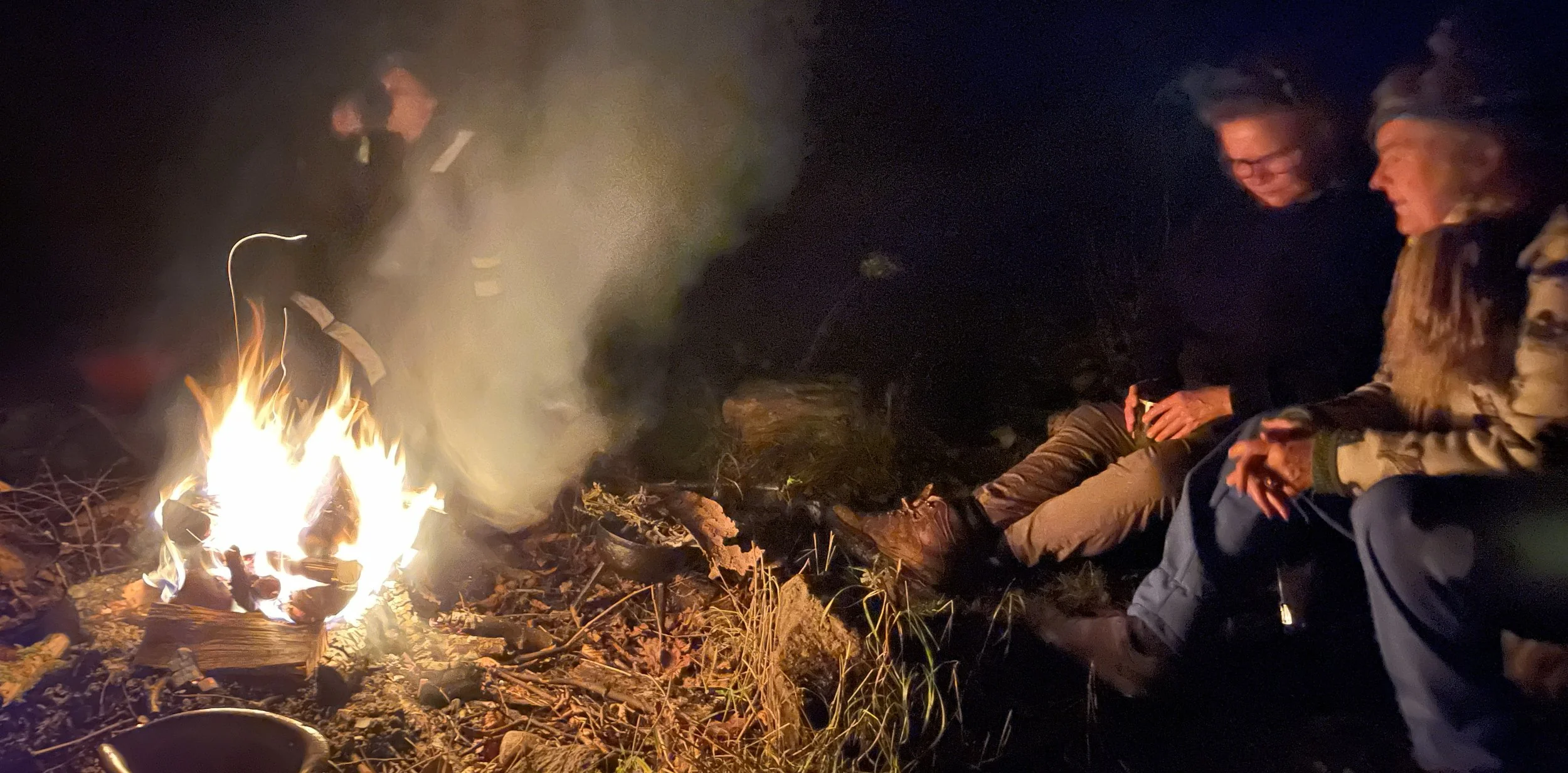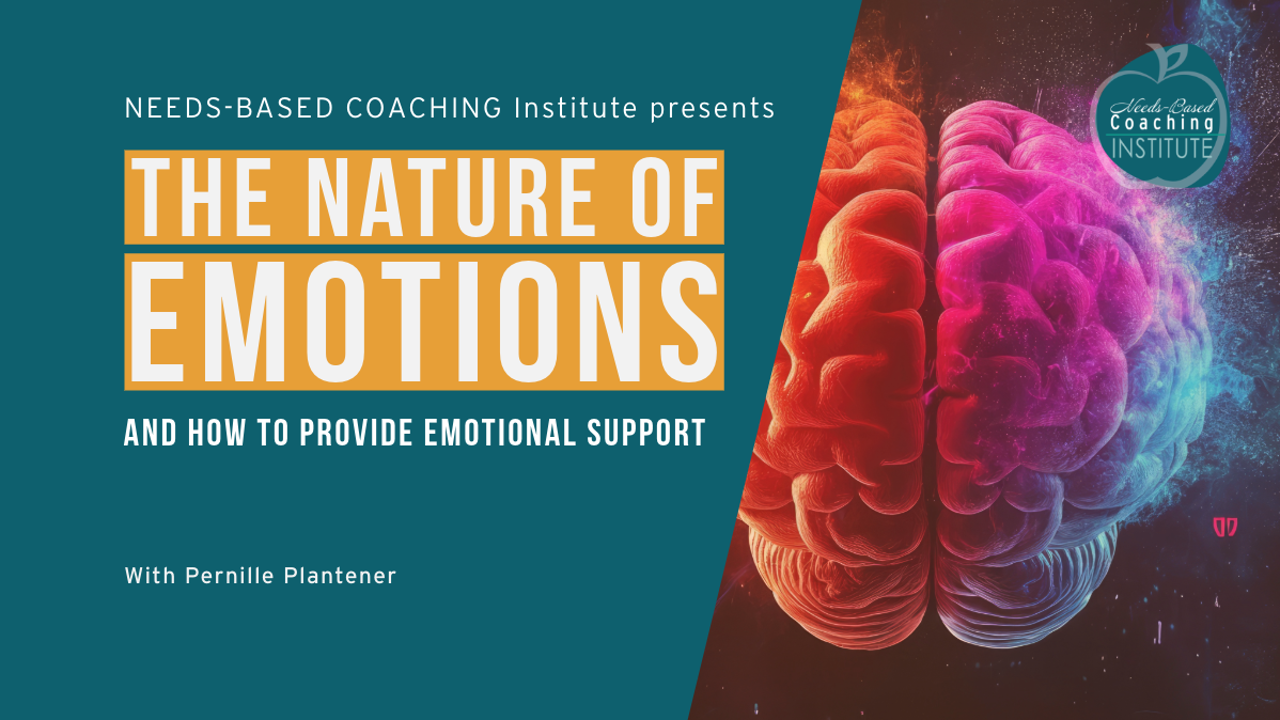When NVC Doesn’t Work — And What Trauma Has to Do With It
In this post, you can find out why trauma-informed NVC is so powerful.
Honoring the Solstice
In this post, I hope to inspire you to ponder what really matters to you in this time of turning.
Improve or Make Peace with Yourself?
Today I know, that I took the longest detour possible before realizing that it was never about changing myself. It was about finding my way home to the one I had always been.
Grief as a self-care practice
Grief is a message to us about what we love. If we don’t feel it, it occupies mind space and takes a portion of our capacity, whereas if we welcome it as a friend, we carry our love with us.
You love as you have been loved
As we tend to our attachment wounds, we gain more freedom from that ingrained emotional software we got from our parents. And it’s not just that we get to feel better and arrive at a choice where we used to feel stuck; we also send an impulse of safety and trust to our child/-ren and other close people.
The Thinking Dimension
Have you ever found yourself caught in a loop of overthinking, unsure of your next step? And what is “success” for you?
Photo by Anthony Tori on Unsplash
Walking toward tomorrow
A human design flaw or simply walking blindfolded past the choice points?
In this blog post, we invite you to join the movement of change initiatives.
A grandmother moment
Motherhood wasn’t easy for me back then. Luckily, I’ve got another chance with my grandchildren, and on a ski retreat recently, an unforgettable grandmother moment wiped the hardship away.
Kids at Heart
Let’s commit to seeing and hearing the children in our lives, validating their feelings, and guiding them with love and empathy, and let’s form networks of support for adults who want to make a difference.
Together, we can create a world where every child and adult feels understood, supported, and deeply connected.
IDG and NBC: The feet and shoes of the peaceful warrior
We celebrate the variety of connections, interest and heartbeats at the Needs-Based Coaching Institute. Ondine Delavelle, currently involved in the German speaking cohort, is sharing her view on NBCI and how it connects with her new-found "home", the Inner Development Goals.
Do You Walk Through Life on Autopilot or with Awareness?
You come home after a day at work. Your partner doesn’t greet you; instead, they say: “You forgot to buy tickets for the concert. You said you would.”
How do you respond?
Untying the Knots
The first year is so crucial for the relationships we build during the rest of our lifes. These patterns stay with us, and if you work closely with people as coaches do, they play out in the coach-client relationships as well.
We love, as we have been loved.
Navigating the Risk of Success: A Coach’s Journey Back to Balance
Read about Pernille's realization and journey towards balance and well-being. Behind the automated "out of office" response lay months of unnoticed burnout—short temper, lack of focus, and emotional swings. Despite a packed schedule of coaching, teaching, and family duties, exhaustion took its toll.
A breaking point led Pernille to prioritize healing through activities like walking the dog, gardening, and practicing Qi-Gong. The experience underscored the importance of self-care, setting boundaries, and balancing ambition with well-being. Success isn't just about achievements; it's about maintaining harmony between personal well-being and professional goals.
Your Social Baseline - and why hills are less steep when walking with a colleague
As coaches, we embark on a transformational journey with our clients, supporting them toward meeting themselves, holding space for their growth, and accompanying them through new avenues.
Seen from the outside, prosperous coaches may seem like self-made, self-assured charismatic individuals. Yet, behind every successful coach lies a robust network of fellow professionals – a safe and empathic community that supports them. In the realm of coaching, professional networks are not just advantageous; they are indispensable. Let's explore why the sweetness of community is essential for thriving as a coach.
The evolution of Nonviolent Communication
Is NVC perfect, or does it evolve in response to our ever-changing world? This is a question that divides people. And I am a yes to both.
One of the beauties of Nonviolent Communication is the simplicity of the model. Four memorable steps that apply to self-connection, understanding the other, conflict resolution, child rearing, apologies, feedback, improving intimate relationships, yes, basically all human interactions.
Marshall developed Nonviolent Communication over three-four decades, adding teaching points and key differentiations in response to how the communication process worked in real life situations, in dialogue with committed practitioners.
Finding Your Voice. For dating-lovers and coaches who aim at success.
When I was looking for the love of my life, I tried online dating. I was repelled by it, seeing it as a ridiculous way of selling myself on the meat market, until a dear friend said to me: “Pernille, there are so many people out there who are longing for love”. It changed my perspective. It became an exploration of what is mine to give, of whether it would be a good match with the other, and whether I enjoyed the exchange. I relaxed.
The nature of emotions - and how to be an emotion-wise coach
From Nonviolent Communication (NVC), we know that emotions are messengers from our inner system about the state of our needs. Are we safe? If not, we feel a degree of fear.
But emotions are not just messengers; they offer the felt sense of being alive. Some people experience emotions as bright, others as pastel colors, or some emotions only vaguely. How can it be so? How can an emotion-wise coach support clients to notice and get to terms with their feelings? What does it mean for YOU if you expand your window of welcome for emotions?
Brain awareness in coaching
Did you know that your brain has a left and right hemisphere? They offer us two different perspectives on the world and ourselves. Brain awareness can make a huge impact on your coaching practice. Our right hemisphere is the primary centre of our relational perspective. This is the seat of empathy, the home of our emotions, while the left hemisphere hosts our instrumental view and understanding. This is where we get things done.
Metaphors as a shortcut to aliveness
Why don’t you allow yourself to broaden your skills to connect? There are many ways to create an empathic space, inquiring about feelings and needs only being one of them. I want to introduce you to a playful, creative skill that engages the right brain hemisphere of the person you are sitting with. The right hemisphere or the relational brain is where the client can connect with what is alive in them.
Teaching and giving advice vs coaching
Isn’t it so easy to know? To see what’s going on. To look at your client and think: “You need this piece of information!” But this is not what your client came for. Certainly not in Needs-Based Coaching. They didn’t book a session to get advice unless they really ask for this. They come to experience themselves, to connect with themselves, and not to walk away with a bag full of homework.




















